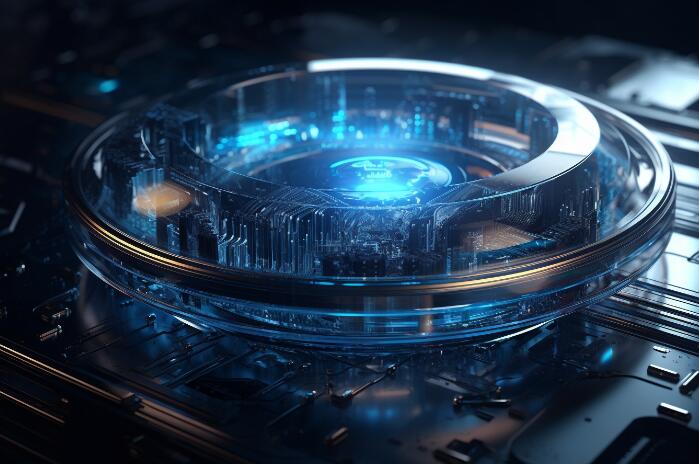Recently, technology giant SoftBank officially announced its wholly-owned acquisition of British artificial intelligence chip company Graphcore, which has attracted widespread attention in the industry. The acquisition amount was undisclosed, but Graphcore CEO Nigel Toon said it was a positive outcome for most people. This move marks the further deepening of SoftBank’s strategic layout in the field of artificial intelligence hardware and provides strong support for Graphcore’s future development. The editor of Downcodes will explain the significance and impact of this acquisition in detail.
SoftBank recently officially announced the acquisition of British artificial intelligence chip company Graphcore, becoming its wholly-owned subsidiary. Although the specific transaction amount was not publicly disclosed, Graphcore co-founder and CEO Nigel Toon said that this is a positive outcome for most people.
Founded in 2016 and headquartered in Bristol, UK, Graphcore has developed a new type of processor called an "Intelligent Processing Unit" (IPU). Unlike graphics processing units (GPUs) developed by companies like Nvidia, IPUs are specifically architected for artificial intelligence workloads.

Picture source note: The picture is generated by AI, and the picture is authorized by the service provider Midjourney
Graphcore's IPU is promoted as a more efficient alternative to GPUs, especially for supporting massively parallel processing and executing complex machine learning models that are characterized by tight coupling of the model to the data. Although Graphcore had raised about $700 million in funding and reached a valuation of nearly $3 billion at the end of 2020, its potential in cloud computing has been limited, especially after losing a potential cooperation with Microsoft. Influence.
SoftBank had previously acquired British semiconductor company Arm and retained a stake after spinning it off as a $55 billion public company. Arm's current market value is close to US$200 billion, which shows SoftBank's strong strength in the semiconductor field. For Graphcore, being acquired by SoftBank means that it can obtain more financial support to promote its development in the artificial intelligence hardware market, especially during this most important period of technological development.
Graphcore's management team confirmed that the company will continue to be headquartered in Bristol, UK, with offices in London, Cambridge, Gdansk, Poland, and Hsinchu, Taiwan. Toon and CTO and co-founder Simon Knowles will remain in their executive and board roles. The deal is seen as a relatively positive outcome for Graphcore's current employees and investors, although some former employees' equity stakes may be affected by the deal.
As for the future, Vikas J. Parekh, managing partner of SoftBank Investment Advisors, emphasized that Graphcore will play an important role in its pursuit of artificial intelligence technology development. He noted that next-generation semiconductors and computing systems are critical in the journey to general artificial intelligence, and SoftBank is pleased to partner with Graphcore in this mission.
SoftBank's acquisition of Graphcore not only marks the deepening of the strategic cooperation between the two companies, but also provides a more solid foundation for Graphcore's future development in the field of artificial intelligence hardware.
**Emphasis added:**
- ? SoftBank officially acquired British chip company Graphcore and became its wholly-owned subsidiary.
- Terms of the deal were not disclosed, but Graphcore CEO said it would be a positive outcome for most people.
- ?️ The Intelligent Processing Unit (IPU) developed by Graphcore is considered a potential alternative to compete with Nvidia.
All in all, SoftBank's acquisition of Graphcore is a major event in the field of artificial intelligence hardware. This transaction will have a profound impact on the development of the artificial intelligence industry and deserves continued attention. In the future, Graphcore, with the support of SoftBank, is expected to occupy a more important position in the artificial intelligence chip market. The editor of Downcodes will continue to pay attention to relevant developments and bring you more exciting reports.